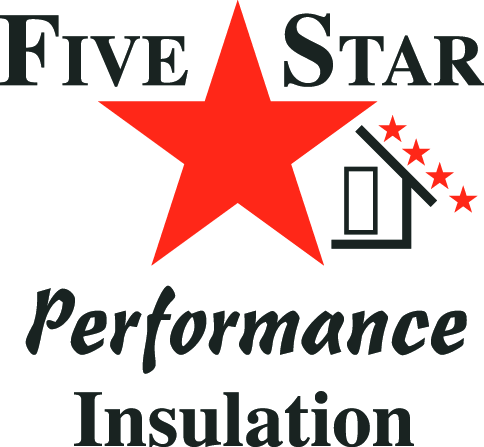
3D rendering of a house on top of blueprints, with an energy efficiency rating chart
The Benefits Of Energy Efficient Insulation
Upgrading your current insulation to something more energy efficient offers many benefits, both in terms of saving you money and helping the environment. It also gives you a return on investment that will pay for itself in a few years. The most common types of insulation are fiberglass and polystyrene but there are now alternatives that are more environmentally friendly, cost effective and durable.
Save Money on Energy Bills
Having energy efficient insulation in your home is one of the best ways to save money on energy bills. It also helps keep your home comfortable regardless of the weather outside. Insulation can save you up to 30% on your heating and cooling costs! That’s a huge savings, especially compared to lighting and appliances. You can improve your home’s efficiency by adding insulation to the walls, floors and attic. It can be a very cost-effective way to reduce your energy bill, and it’s a great way to increase your home’s value. The single biggest driver of a building’s energy efficiency is its insulation. In fact, 71% of the energy savings in an existing home can be achieved by upgrading its insulation and air sealing.
Increase Your Home’s Value
Insulation upgrades are one of the most effective home improvement projects for increasing your home’s value. They can reduce your utility bills, save you money for years to come, and increase the resale value of your home when it’s time to sell it. In addition to reducing your energy expenses, upgrading your insulation also improves your home’s overall comfort and quality of life. It helps to maintain a consistent temperature throughout your house, keeping it warm in the winter and cool in the summer.
Reduce Noise
In addition to lowering your energy bills and increasing your home’s comfort, upgrading insulation can also help reduce unwanted noise. This is especially important for people who live in areas where street traffic, trains and airplanes are common. Insulation can help dampen both airborne and impact noise, such as sounds from footsteps or vibrations from large appliances. The thick material of cellulose and fiberglass insulation helps absorb sound, which prevents it from traveling between walls. While not all types of insulation will work for reducing noise, spray foam insulation is often considered the best for this purpose because it expands completely into every crevice of a wall. This ensures that all sounds are contained within a room, and no unwanted ones are allowed to enter.
Save The Environment
Insulation can now be made with a wide range of renewable and recycled materials and doesn’t require harmful manufacturing processes that can produce a large amount of waste. With this in mind, upgrading your insulation with eco-friendly materials can make a huge difference to your home’s environment. This is because insulation helps to reduce greenhouse gas emissions and minimize pollution. It also saves energy by preventing heat from escaping in the winter or cool air leaking out of your home during the summer. As an additional bonus, several types of insulation are also easy to recycle, reducing demand on the landfill!
